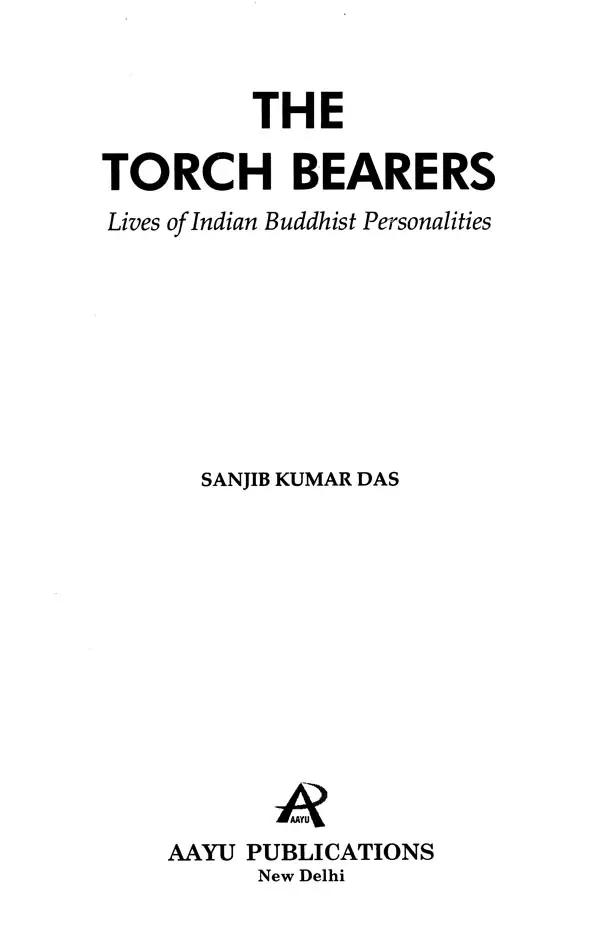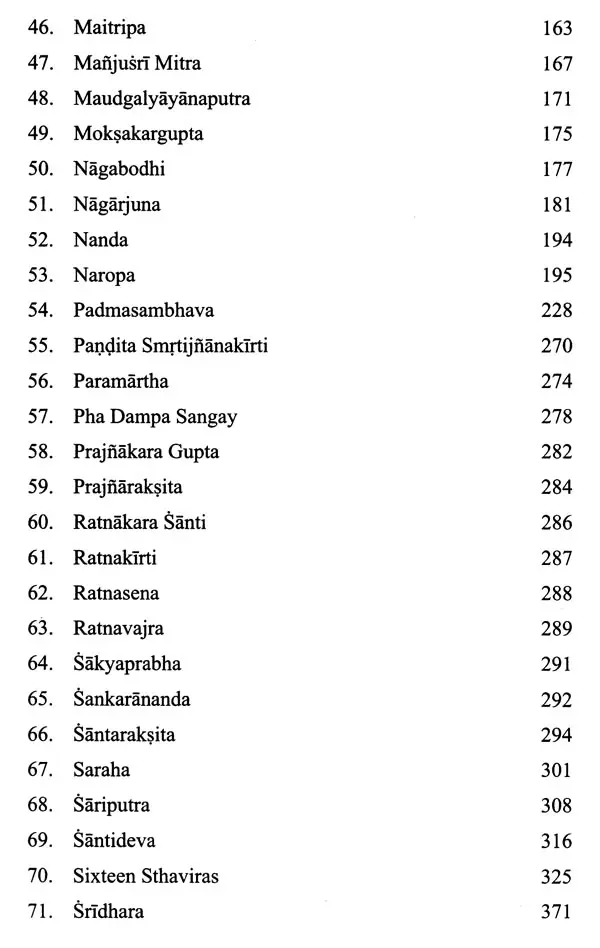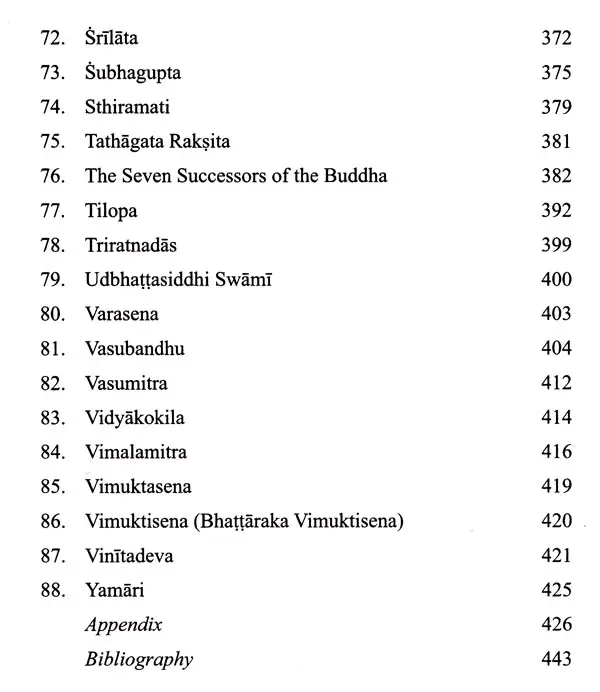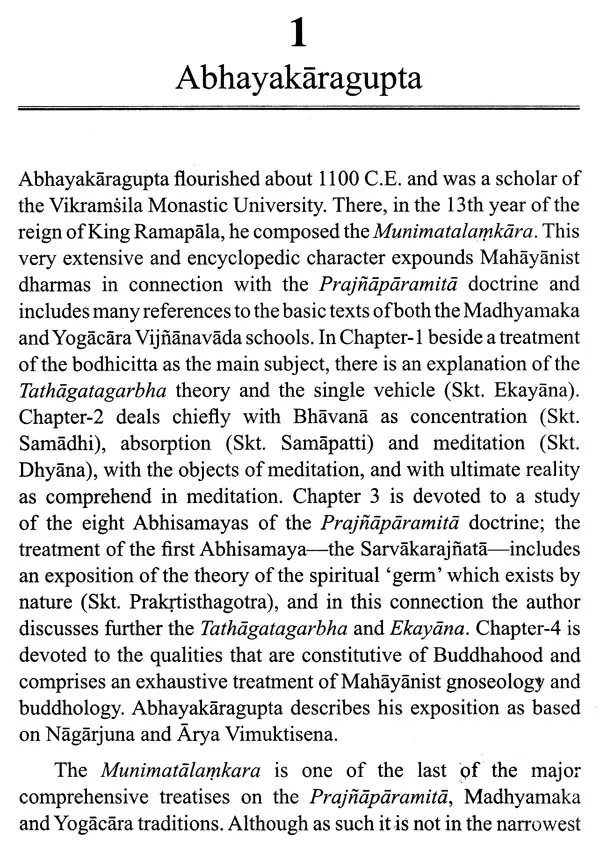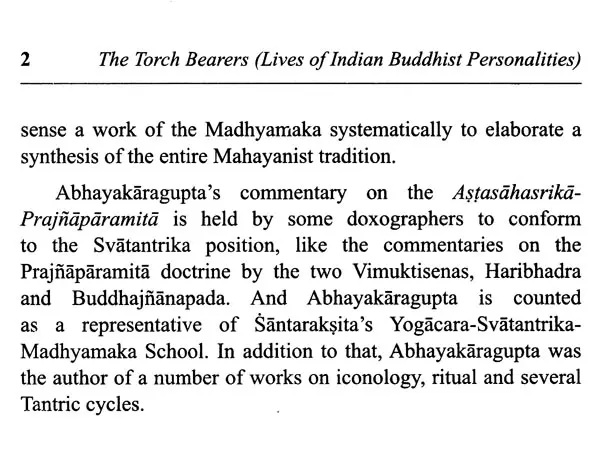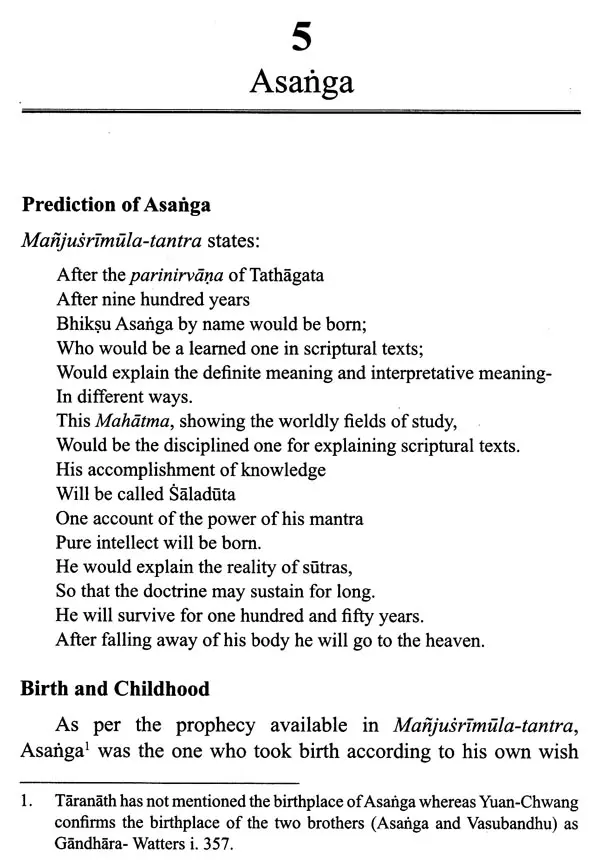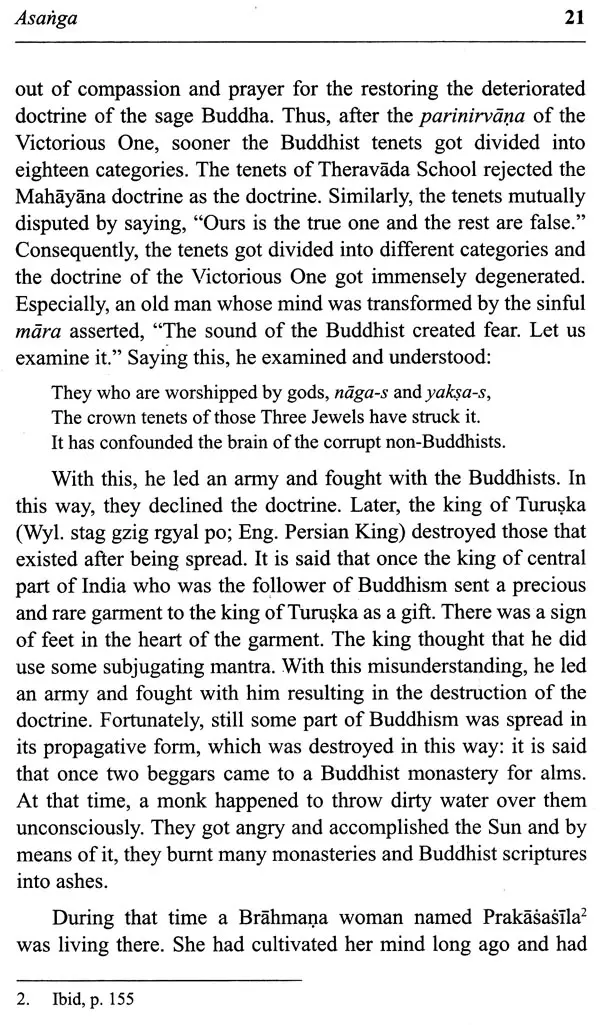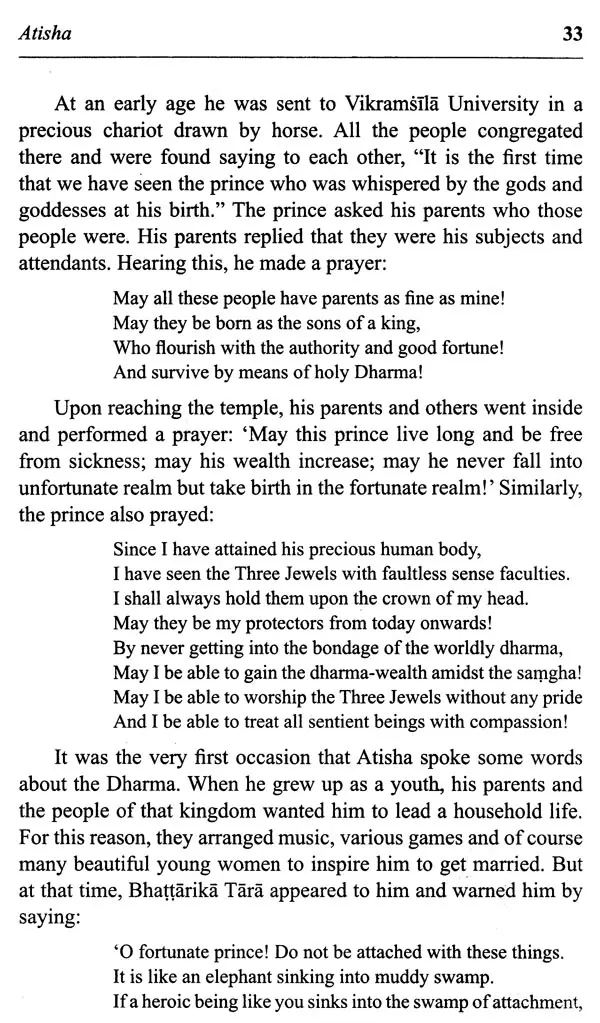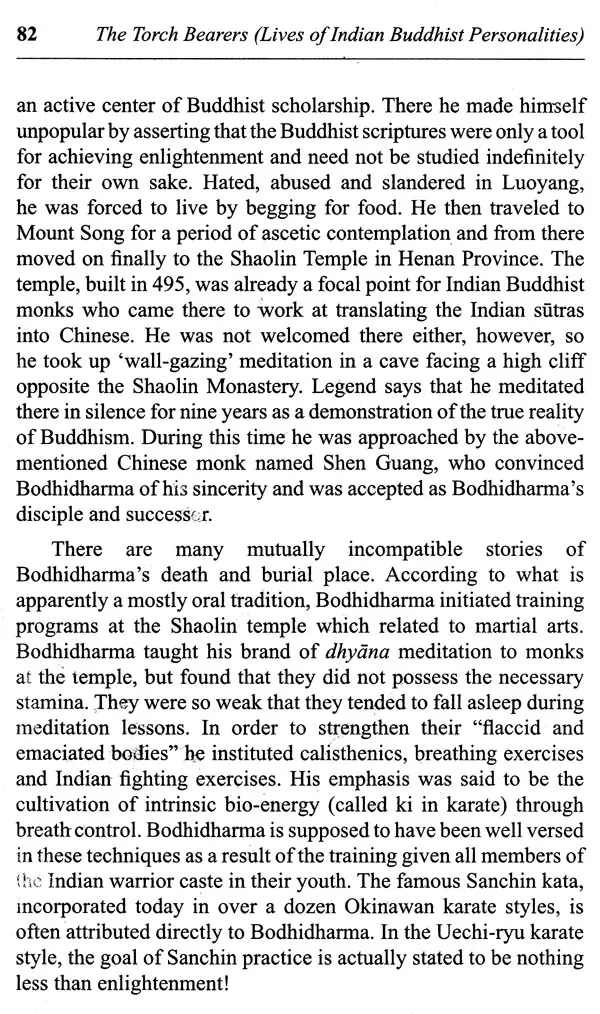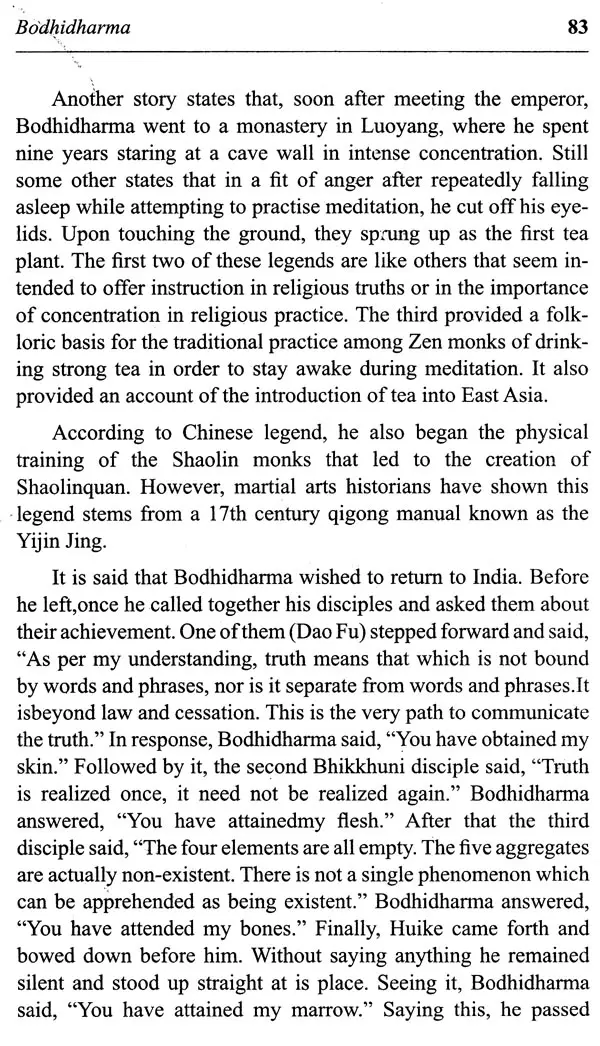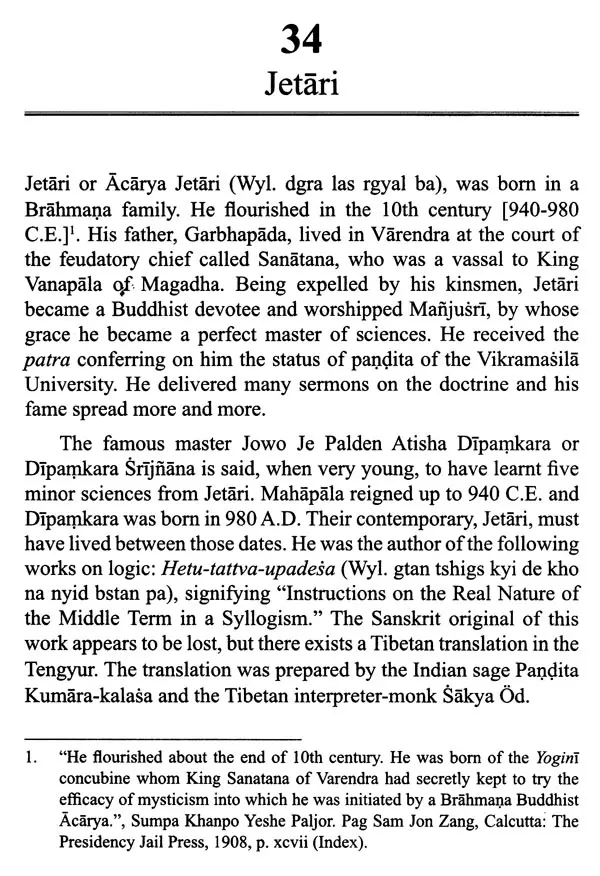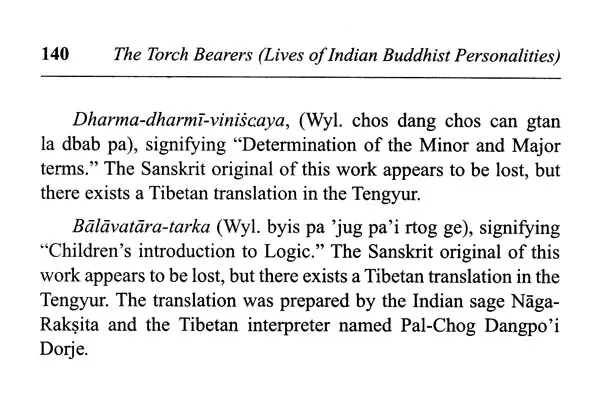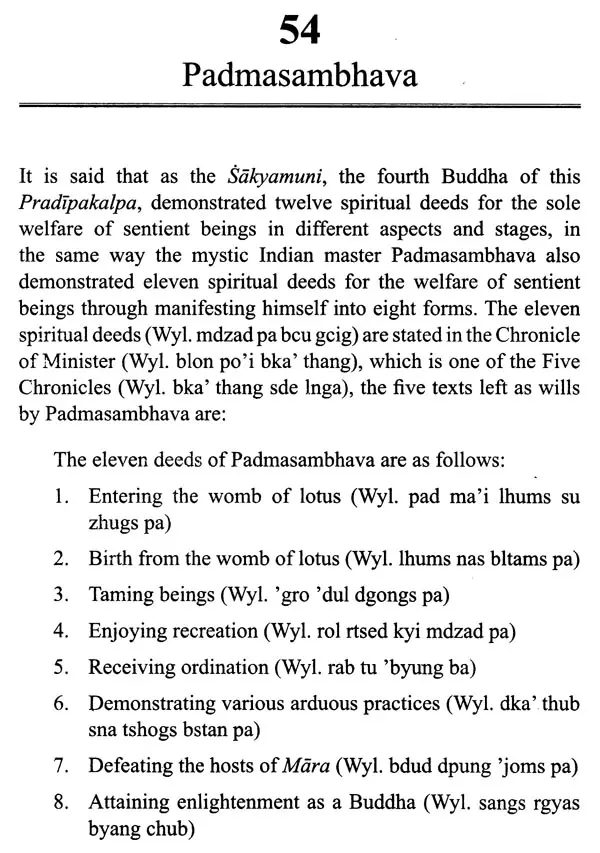
The Torch Bearers - Lives of Indian Buddhist Personalities
Book Specification
| Item Code: | UAP479 |
| Author: | Sanjib Kumar Das |
| Publisher: | Aayu Publications, New Delhi |
| Language: | English |
| Edition: | 2017 |
| ISBN: | 9789385161612 |
| Pages: | 460 |
| Cover: | HARDCOVER |
| Other Details | 8.50 X 5.50 inch |
| Weight | 690 gm |
Book Description
The book titled The Torch Bearers [Lives of Indian Buddhist Personalities] contains one hundred and six biographies of the Indian Buddhist Personalities including the Sixteen Sthaviras, popularly known as the Sixteen Arhats, and the Seven Successors of Shakyamuni Buddha, and also an appendix containing the descriptive glossary of some important Buddhist terminologies as well as some Buddhist Pantheons which have been used in the book.
Born in a middle class family in West Bengal, Dr. Sanjib Kumar Das was educated at Chandpara Nimna Buniyadi Vidyalaya (Amtala) and then in Gobardanga Khantura High School. Meanwhile, due to some of his personal problems, he fled away from home and worked as a waiter in several hotels and sweet shops for about two years in Kolkata. Later, he went to Darjeeling and took shelter in a Buddhist Monastery where he also worked as a helper of mason for about a year. There, an auspicious co-incidence came upon in his life that also totally changed his life as well. On account of the kindness of the Thupten Sanga Choling Monastery, he was admitted in its branch school named 'Drukpa Kagyu Destitute Home' where he studied upto standard VIII. Subsequently, he was sent to Varanasi in 1989 in order to get admission in the then Central Institute of Higher Tibetan Studies (present CUTS), Sarnath for higher studies. Getting admission, he obtained M.A., pursuing upon Buddhist Philosophy, Tibetan Language and other prescribed subjects. In 1998, he was awarded with the Kashi Naresh Gold Medal for being the best student of 1998. After completing M.A., he started doing his Ph.D. which he completed in 2002. In 1999, he was invited as a Translator from Tibetan into English to Taiwan where he stayed for about five months. In 2002, he got a temporary job in the Translation Department in the CIHTS, Sarnath and simultaneously a permanent job in Central Institute of Buddhist Studies, Leh where he worked for about six years. In 2008, he got a new job in Visva-Bharati University, Santiniketan where he has been working on the post of Associate Professor in the Department of Indo-Tibetan Studies since he joined. Apart from his academic works, Dr. Das was also carried out the responsibility of HOD [Head of the Department], Department of Indo-Tibetan Studies, Visva-Bharati for about seven years as well as the I/C Director, Centre for Buddhist Studies, Visva-Bharati for three years. Dr. Das has also composed, translated, edited, restored and compiled several books which have been published by different universities, institutions and publishers in India. Apart from translation, compilation, restoration and editing work, Dr. Das attended number of Local, National and International seminars, and presented papers.
Sakyamuni Buddha, the embodiment of compassion, attained the Buddhahood under the Bodhi-tree at Vajrasana (Bodhgaya). Thereafter, he did welfare for the sentient beings through giving dharma teachings for about forty-five years to various disciples according to their interest, aspiration and capacity. Upon practising his nectar-like teachings, many fortunate beings gained the attainment of higher rebirth (Abhyudaya) and definite goodness (Nihsreyas). In this way, they could attain their goal of life. The attainment of the state of Omniscience is the ultimate goal of the followers of the Buddha's doctrine. Tathagata Buddha underwent many hardships and ascetic practices in his life for the attainment of this state. During the life-time of the Buddha, the expansion of his doctrine was limited to a few countries, such as India, Nepal and so on. It is because in those days, some other countries even did not come into existence. But during the last two decades, this doctrine has spread not only in India and Nepal, but also throughout the world. And the credit particularly goes to His Holiness the XIV Dalai Lama, Dr. B.R.Ambekar and other great Buddhist personalities.
**Contents and Sample Pages**
